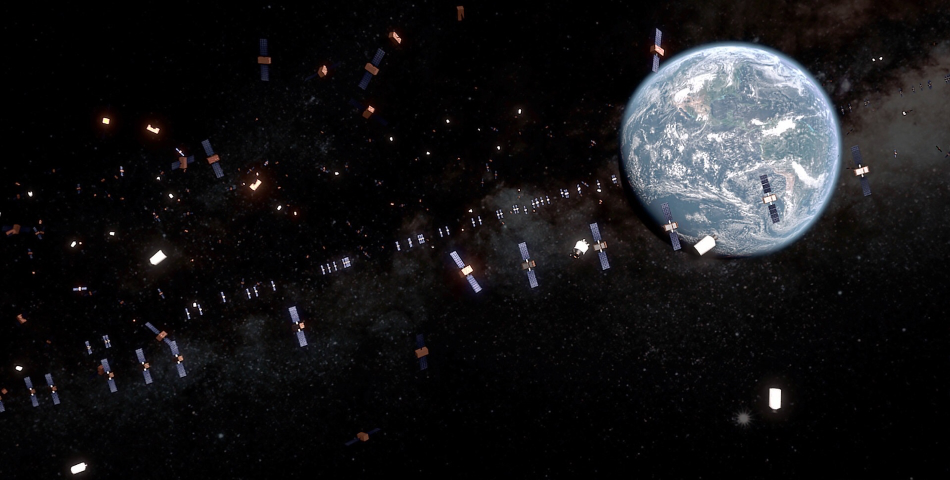Speaker
Description
Being situated in low Earth orbit, the Hubble Space Telescope (HST) is susceptible to higher orbit artificial satellites crossing its field of view. In a dedicated summer student project, we studied the impact of artificial satellites on HST images, updating previous results based on the most recent HST observations. We used satellite classifications from the Hubble Asteroid Hunter (www.asteroidhunter.org) project to train two independent deep learning algorithms. For the composite images, we used an automated deep learning model built with Google Cloud AutoML Vision. For the individual images, we built our own binary image classification model. We observe that both models lead to consistent results. We applied the algorithms to the past 20 years of HST data, available in the ESA Hubble Space Telescope archives, and we measured, for the first time, the fraction of images impacted by artificial satellites. When normalized by exposure time, we observe an increase in the chance of HST observing a satellite, which is consistent in two different HST instruments. This increase is in line with the increasing number of satellites in orbit around the Earth. We discuss the impact of satellites on HST and on other observatories situated in low-Earth orbit, such as the ESA CHEOPS mission.

